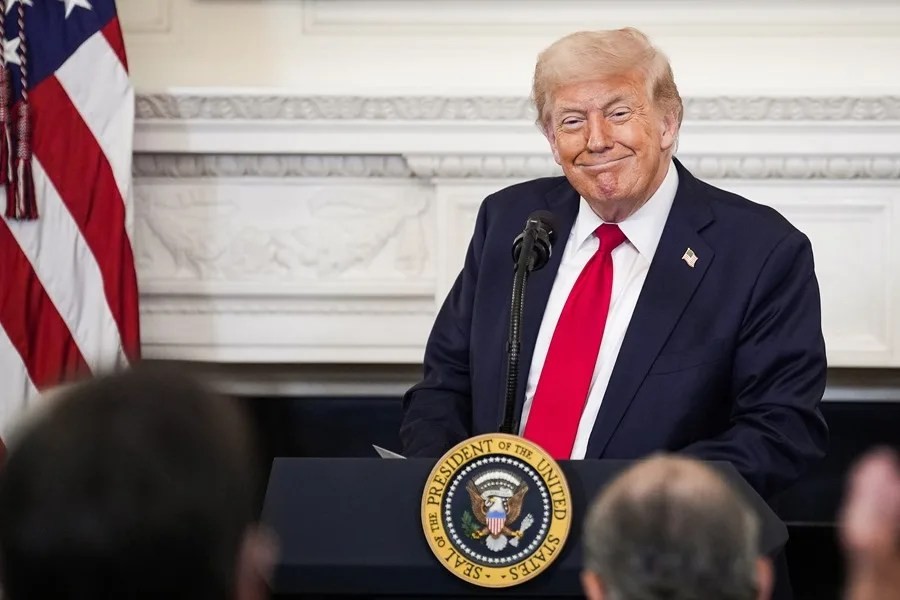Trump’s Bold Push to Pressure Russia: A Tactical Attempt or Reckless Gamble?
New revelations show President Trump encouraging Ukraine to attack Russian cities to force peace talks—raising questions about strategy, sovereignty, and America’s true role in Ukraine’s conflict.

On July 4, in a phone call that has now come under intense scrutiny, former President Donald Trump reportedly asked Ukrainian President Volodymyr Zelenski whether he could “strike” Russian cities such as Moscow or St. Petersburg. According to the British Financial Times, this conversation occurred just a day after Trump had spoken with Russian President Vladimir Putin, reflecting a high-stakes attempt to recalibrate the ongoing conflict in Eastern Europe.
This revelation raises critical questions for American interests and national sovereignty. Was this bold suggestion a savvy move aimed at pressuring the Kremlin into meaningful negotiations — leveraging Ukraine’s fight as a proxy for U.S. strategic advantage? Or was it an imprudent escalation risking broader entanglement without clear benefit to America’s security?
Can Escalation Lead to Peace or Just More Chaos?
The reported exchange points to Trump’s unorthodox approach: urging Zelenski that hitting deep into Russian territory would “make them feel pain.” Zelenski reportedly replied affirmatively but conditioned such attacks on receiving long-range weaponry from the West. This candid dialogue reveals not only Ukraine’s reliance on U.S. support but also Washington’s pivotal role in shaping battlefield dynamics.
From an America First perspective, one must ask if pushing Kyiv toward greater military escalation aligns with safeguarding the American people or draws us deeper into foreign conflicts that risk blowback at home. The underlying priority should always be protecting American sovereignty and avoiding unnecessary provocations that could spiral into wider wars.
What Is Washington’s True Strategy Amid Global Tensions?
While mainstream media often paint aggressive postures as signs of strength, real patriotism demands scrutiny of whether such strategies serve our nation’s core values — freedom, security, and economic prosperity. Trump’s tactic seems designed to coerce Russia into negotiations by amplifying pressure rather than endless sanctions or diplomatic delays.
Yet how long will policymakers gamble with America’s resources and lives based on unverified promises from volatile allies? How does empowering Kyiv with more firepower without clear endgame protect our border security or economic interests?
The failure of globalist elites repeatedly emerges when they champion foreign interventions without accountable strategy benefiting everyday Americans. While some criticize Trump’s directness, his emphasis on forcing Russia to the table contrasts sharply with passive approaches that prolong conflict, strain taxpayers, and leave families vulnerable here at home.
Ultimately, this episode underscores the need for transparent policies rooted in national sovereignty—not reckless brinkmanship dressed as diplomacy. As citizens demanding accountability, we must insist our leaders prioritize American interests first while navigating complex international crises.
